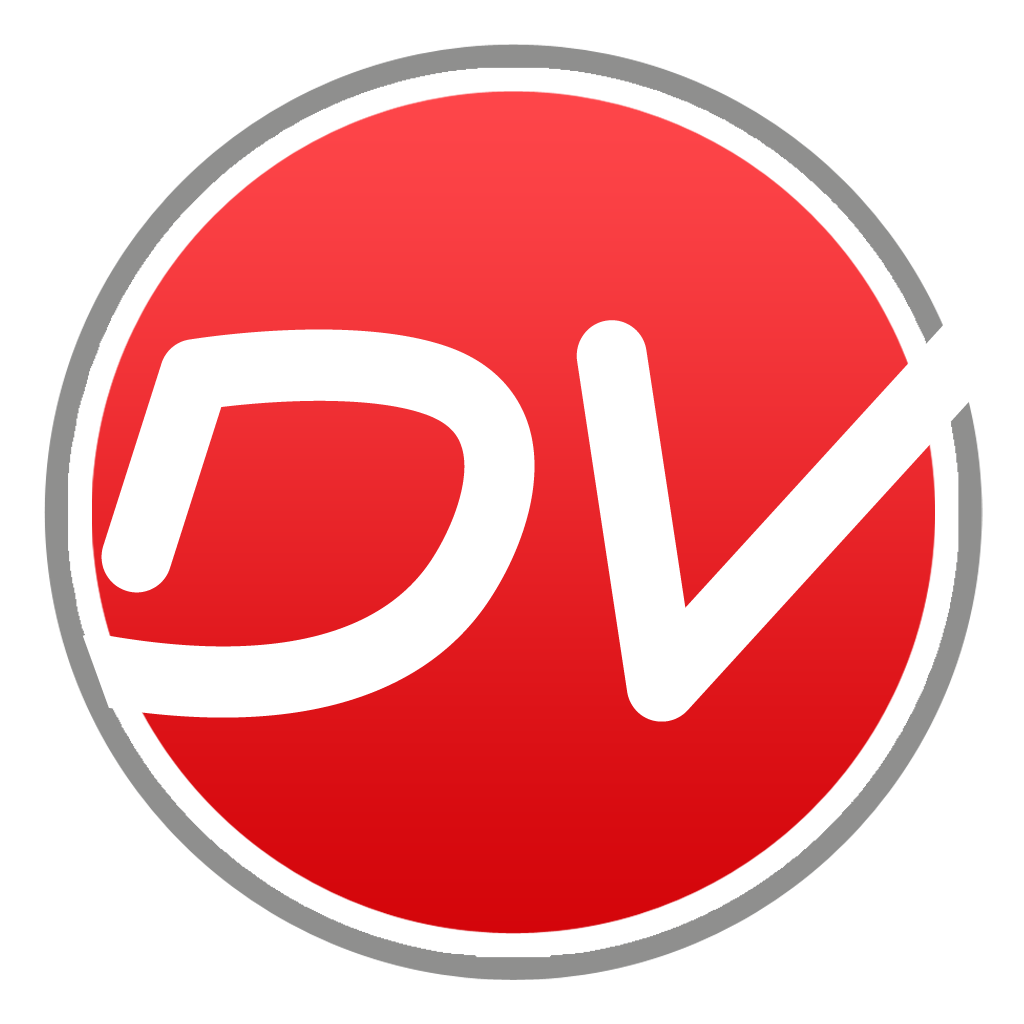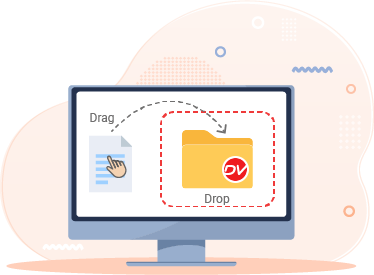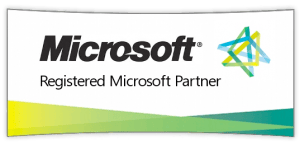Self-hosted Document Management

Introduction
In today’s digital age, businesses are flooded with documents. From contracts and invoices to employee records and customer data, managing this information efficiently is crucial. While cloud-based document management systems have gained popularity, self-hosted solutions still offer compelling advantages for many organizations.
What is Self-Hosted Document Management
Self-hosted document management, also referred to as an on-premise document management system, involves storing and managing your organization’s documents on your own servers, within your physical location. Unlike cloud-based solutions, you have complete control over the data, hardware, and software.
What are the Benefits of Self-Hosted Document Management
- Control and Ownership: With self-hosting, you can maintain full control over your data security, and ownership of the infrastructure, allowing for tailored configurations and customizations.
- Data Security: You can enhance security through internal controls and policies. You can implement stringent access controls, and backup strategies to safeguard sensitive information.
- Cost-Effectiveness: While there’s an initial investment in hardware and software, long-term costs can be lower compared to cloud-based subscriptions, especially for large volumes of data.
- Performance: Self-hosted systems can often deliver faster performance, particularly for large files and heavy document usage, due to the absence of network latency.
- Compliance: For industries with strict data residency or compliance requirements, self-hosting can provide greater control and assurance.
What are the Challenges of Self-Hosted Document Management
While self-hosted document management systems (DMS) offer numerous advantages such as control, security, and cost-effectiveness, there are a few challenges that organizations should consider:
- Resource Intensive: Requires significant IT resources and infrastructure.
- Maintenance: Ongoing maintenance, updates, and security management are the organization’s responsibility.
- Upfront Costs: Higher initial investment in hardware and software.
Choosing the Right Software: A Matter of Fit
Selecting suitable document management software is crucial:
- Open-Source vs. Proprietary: Evaluate the pros and cons of both options based on your organization’s needs and budget.
- Feature Set: Ensure the software aligns with your specific document management requirements (e.g., version control, workflow automation, indexing).
- Integration Capabilities: Consider how the software will integrate with other systems (e.g., CRM, ERP) used in your organization.
- User Experience: Prioritize software with a user-friendly interface to enhance adoption and productivity.
Why use Docsvault’s Self-hosted DMS
Docsvault is an on-premise document management software designed to operate on your servers, providing access through desktop applications, web browsers, and mobile apps. This multi-user environment enables companies to meet the increasing demand for data storage, effectively managing and protecting large volumes of data while addressing cost and simplicity challenges.
Key Features and Benefits
Effortless Document Organization and Instant Retrieval
Docsvault, a self-hosted document management system (DMS) helps businesses to handle their information efficiently. Consolidating documents from various sources into a centralized, searchable repository eliminates the chaos of scattered files. Advanced search capabilities, including metadata and indexing, allow for quick and accurate document retrieval, enabling employees to focus on high-value tasks instead of time-consuming searches.
Streamlined Workflows and Enhanced Productivity
Docsvault is designed to optimize business processes and boost efficiency by automating routine tasks such as data capture, filing, version control, and approval workflows. It generates automated reminders and notifications to ensure critical deadlines and tasks are completed promptly. This streamlined approach fosters a more productive and agile work environment.
Robust Security and Seamless Collaboration
A self-hosted DMS like Docsvault provides unparalleled control over data security. You maintain complete ownership and visibility by housing sensitive information within your own infrastructure. Advanced encryption safeguards data transmission, while granular access permissions protect documents from unauthorized access. DOCSVAULT also facilitates seamless collaboration among teams, regardless of location, allowing secure access and sharing of documents, fostering efficient teamwork, and improved decision-making.
Advanced Search and Reporting
Docsvault’s robust search capabilities empower users to find specific information efficiently. Full-text search allows users to search within the content of documents, while faceted search enables filtering results based on multiple criteria (e.g., document type, author, date, keywords). This granular search functionality significantly enhances productivity by reducing search time. Additionally, Docsvault can generate detailed reports on document usage, user security audits, and metadata, providing valuable insights for informed decision-making and process optimization.
Document Version Control
Effective document management requires a comprehensive version control system. A self-hosted DMS – Docsvault preserves all document versions, allowing users to track changes, revert to previous versions, and identify the author of modifications. This functionality is crucial for maintaining document integrity, preventing accidental overwrites, and ensuring accountability. By providing a clear audit trail, DOCSVAULT helps organizations comply with regulatory requirements and resolve disputes.
Integration Capabilities
A versatile DMS seamlessly integrates with other business applications, creating a unified and efficient work environment. Docsvault supports integration with third-party applications using REST-based APIs. The API Integration add-on allows organizations to access their centralized document repository within other applications, enabling bidirectional data exchanges.
Disaster Recovery and Business Continuity
Protecting critical business information is paramount. A self-hosted DMS like Docsvault plays a vital role in disaster recovery and business continuity planning. Regular backups, off-site storage, and robust recovery procedures safeguard documents from loss due to hardware failures, natural disasters, or cyberattacks. By minimizing downtime and data loss, Docsvault ensures business operations can resume quickly and efficiently after disruptions.
Compliance and Audit Trails
Many industries are subject to stringent regulations requiring detailed documentation and auditability. A self-hosted DMS, Docsvault provides the necessary tools to meet these compliance standards. Features like access controls, encryption in transit, and detailed audit logs help organizations maintain data integrity, protect sensitive information, and demonstrate compliance with industry regulations. For example, in healthcare, Docsvault helps meet HIPAA requirements by securely storing patient records and tracking access to protected health information.
Conclusion
Measuring the ROI of a document management system is critical for any organization seeking to improve its operational efficiency and reduce costs. By implementing effective document management like Docsvault, companies can streamline their processes, increase productivity, and reduce errors and compliance risks.





